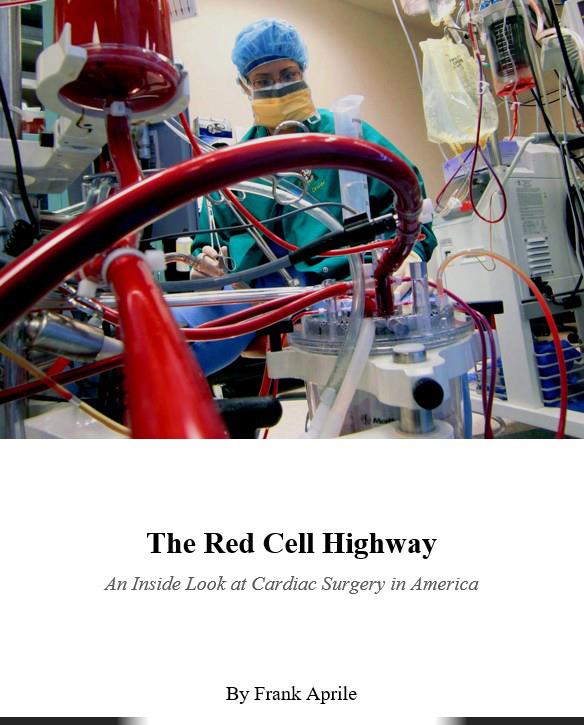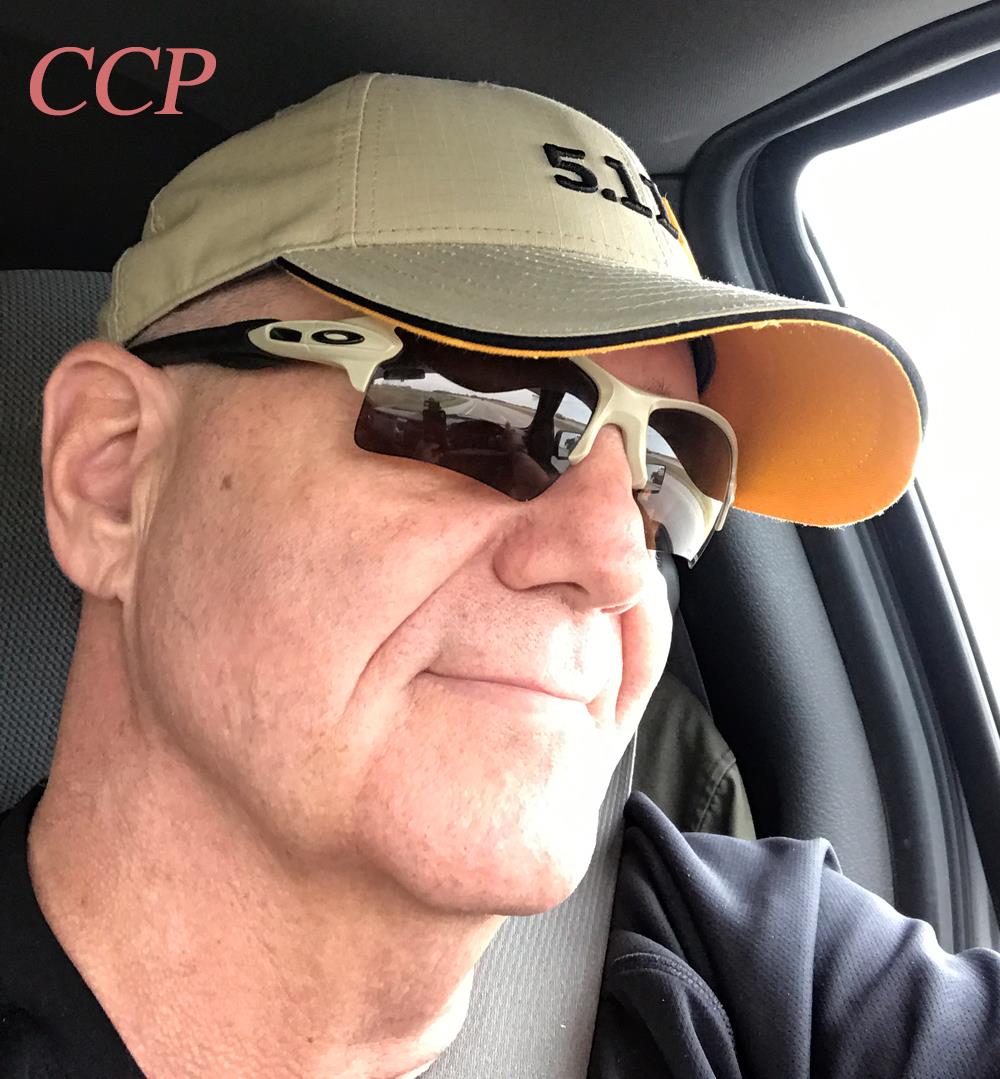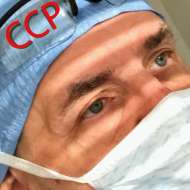Genesis: Why I Chose to become a Perfusionist…

Editor’s Note:
I was talking to a colleague of mine, who was visiting our program to help out for a bit, and we both had some pretty long and interesting background stories about some of the reasons of why we chose to become Perfusionists. After thinking about it, I realized I had had this same conversation more than once- multiple times over the years as I met fellow perfusionists during my career in this profession. So I talked to my friend Chris- and asked him if he would like to share his story on ‘Surfers- because I found it fascinating.
Hence a new series is born (thank you Chris) 🙂 Genesis: Why I Chose to become a Perfusionist…
Please feel free to send in your own stories and I will share them here on “Surfers. Include pictures and whatever insight you would like to share.
Email to: [email protected].
The story below- is my own particular Journey- plz feel free to share yours.
Thanks & and have an excellent day 🙂
Frank
Genesis
Having worked as a surgical technologist and as a surgical first assistant starting from the age of 22 until I turned 28 I developed a lot of skills that in hindsight, prepared me well, for my career as a cardiovascular perfusionist. Clearly, manual dexterity is part of the skill set required to be an effective and proactive surgical first assistant. I acquired that skill during my tenure in Tampa at the University Community Hospital where I basically cut my teeth in regards to becoming familiar with all aspects associated with vascular surgery, developing both speed and quick hands. As well, surgeons relied on us heavily in order to ensure the proper positioning was effected, that all and any specialty items required for a particular operation were readily available (this was before preop timeouts), and depending on the relationship and trust level that you have established with a particular surgeon you are assisting on any given case, they might lean on you to truly engage in the more subtle aspects associated with first assisting. Cutting, tying, and sewing are a given when it comes to first assisting, point where you transition from technician to artist is when you are able to anticipate the upcoming needs that the surgeon will have during the operation and proactively assist as opposed to reacting to a verbal command or the next surgical road sign. In the OR, it’s always about getting from point A to point B, but sometimes there are construction detours or delays for whatever reason(s).
These same attributes are prerequisite for the conduct of cardiovascular perfusion. As a perfusionist, you must always be aware of not only the operation and where you are at now, but you also should know where it is you are heading. The need for speed is essential and I developed that trait during my tenure as a first assistant. Being on call necessitates the ability to wake up and go from 0 to 60 mph in a heartbeat (no pun intended) and gather your wits about you, a quality that is prerequisite and consistent with the field perfusion as well. A key quality that I developed while assisting during surgeries and emergencies, was the ability to think globally and not get tunnel vision. Tunnel vision occurs under high stress situations where you react in a linear fashion to an unexpected and evolving potential disaster on the operating table. If you only see what’s in front of you, you become boxed in and are incapable of thinking outside of that cell inhibiting your decisiveness in in coming up with a solution that will both fix a problem that you’re dealing with, as well as not harm the patient. The ability to keep your thought process unconfined, allows you to see the problem from a global perspective thus affording you more alternative solutions to select from- or more importantly, doesn’t funnel you down into a tunnel that has no cheese.
Another significant trait I developed both the Navy medicine, in the emergency room while in the Philippines, as well as a scrub tech in the operating room theater, was repetitive organization and an OCD approach on how I organized my mayo tray when scrubbing in on a case, or how I set up the ECC for an upcoming or emergent pump run. The lesson learned here is always set up the exact same way, so that it becomes automatic as opposed to an active thought process which would take away my attention from other very important extraneous aspects of the operation I was about become part of, and the possible permutations that I would need to anticipate.
I was in a rut though, professionally thwarted by either lack of money, or a sense that my biological clock was going to “time me out” of higher academic arenas for the simple fact that things like med school would take another 12 years or so to finish- and age would become a factor. It was time to choose- or maintain the status quo- something that wasn’t in my genetic makeup.
The Big Break…
Perfusion is a very hard yet calculated field of endeavor. To get there- well that’s hard. Actually very hard. When I interviewed, it was 4 candidates out of 250 + applicants. Does that mean you are better? Cream of the crop type of stuff? Are you the best thing that has ever walked and knocked on the door to enter the cardiovascular arena?
Probably not. It just means that on a given day, at a particular moment, something struck a chord. Somebody from somewhere else, in some other space in time, somehow decided that just maybe you were indeed more than a number, and you should fill a seat at a table for few.
Or maybe you were an academic accident, a filler for somebody that bailed on their seat into the exclusive club, and you were the left overs. Second to none I suppose. But anyway you were picked. You became the substitute, but who cares? You are in, and 3,000 cases later you are still in. Way to go. You just CHANGED your life.
I was THAT guy…. The filler space. That’s how I got in.
No clue about perfusion. Had watched 2 hearts in my life. Was bored to tears on case number 1, but was thoroughly and profoundly moved as I watched the harmony of acceleration, movement, and poetic calm that the man (CCP) in front of me demonstrated as he came in on an emergency. God he was quick, and so efficient with his movements. Perfusion breeds speed, physically and cognitively. Pure breakaway speed to stay ahead of whatever remains unanticipated yet.
This was in San Diego somewhere.
I played a lot of ball as a kid, high school, Navy, and beyond that. So watching other people perform- and perform well is something that is earned by example, and not based on paper credentials. And watching this man just put it all together so quickly, so precisely, and so damn confidently, well that made me want to sign up right there.
There is something easy to recognize- poetry in motion and grace under pressure. I saw both that day and I am certainly a harsh critic. It is something I always expected in myself, therefore a pleasure to watch in someone else, to the point of raising the question of whether or not I could actually do something like that? I had a lot of medical experience- and was the best at what I was doing in terms of 1st assisting, Navy ER medicine, all the stuff that was a dollar short of going to Med school, but made a difference in terms of performance and end results.
Going further was limited by a few things in my life. Loans weren’t available for people with my background. I was at the tip of having to make a decision to un-become myself or remain status quo. Forget Med school. I wasn’t going to be a nurse. Didn’t want “assistant” as part of my title for a career, and was a pretty cocky somebody that felt I could outdo anybody at anything.
Somebody’s Got to Do It …
The perfect mindset for perfusion school. Got to be confident, to overcome your own ignorance in the process of becoming the “somebody” that is going to put somebody else’s loved one- on bypass- and NOT make foolish mistakes. And it is exactly that, the fact that it IS somebody else’s loved one- that makes me pause and consider the impact of failure should I not succeed in a pump run, should I miss a clamp, should I fail to overcome in a few seconds of time-whatever malfunction I am seeing, or recognizing, or confronting.
So I made my choice- and am a better man for it. Perfusion forces you to confront yourself and new challenges on a daily basis- whether pleasant or NOT. I choose that path- although it may not be a road a lot of people want to go down- as I said before “Somebody’s gotta do it”- and that “somebody” is me 🙂
Peace



